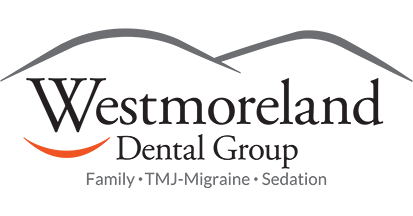Sterilization stands as a crucial element in various medical disciplines, ensuring protection against bacteria, and thereby facilitating successful check-ups and procedures. Within the realm of dentistry, maintaining exceptional sanitation practices is paramount. While dentists may not perform surgery daily, their meticulous preparation is imperative. Here’s an insight into how dentists adhere to sterilization practices and the significance behind it.
Understanding Sterilization: Sterilization involves the process of eliminating all forms of bacteria, diseases, fungi, and viruses. Prior and subsequent disinfection procedures surrounding medical events are fundamental in preventing germ transmission, safeguarding both patients and medical professionals alike.
The Importance of Sterilization in Dentistry: Dentistry, focusing on oral and dental health, is particularly concerned with the mouth as a common entry point for bacteria. Given this vulnerability, stringent cleaning protocols are applied to all instruments. Saliva, known to carry diseases and infections such as hepatitis, herpes, tuberculosis, staph, and strep, underscores the need for comprehensive sterilization. This ensures that bacteria from one patient’s mouth will not pose a risk to another.
Practices of Sterilization: Maintaining a consistently sanitized environment is paramount in a dental office. Regular cleaning routines prevent the spread of bacteria among patients throughout the day. Dentists and hygienists adhere to appropriate attire, including face masks, gloves, and protective eyewear, during dental procedures. Sterilized trays are used for tool placement during routine processes. Post-procedure, all tools involved or in proximity to used tools undergo sterilization, ensuring the safety of both patients and staff.
Westmoreland Dental Group’s Commitment: At Westmoreland Dental Group, our commitment to proper cleaning extends to our office and tools. Our team undergoes continuous training on the latest sterilization techniques. We provide a transparent view of the cleaning process for patients. All instruments undergo disinfection and disposal after each patient, and we use a separate water source, ensuring routine cleaning.
To schedule an appointment, visit us online here or call us at (423) 282-2844.
